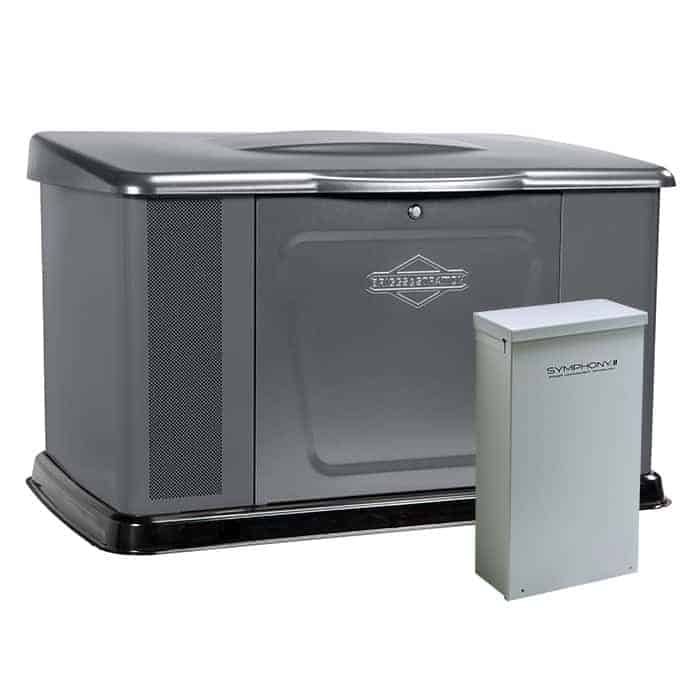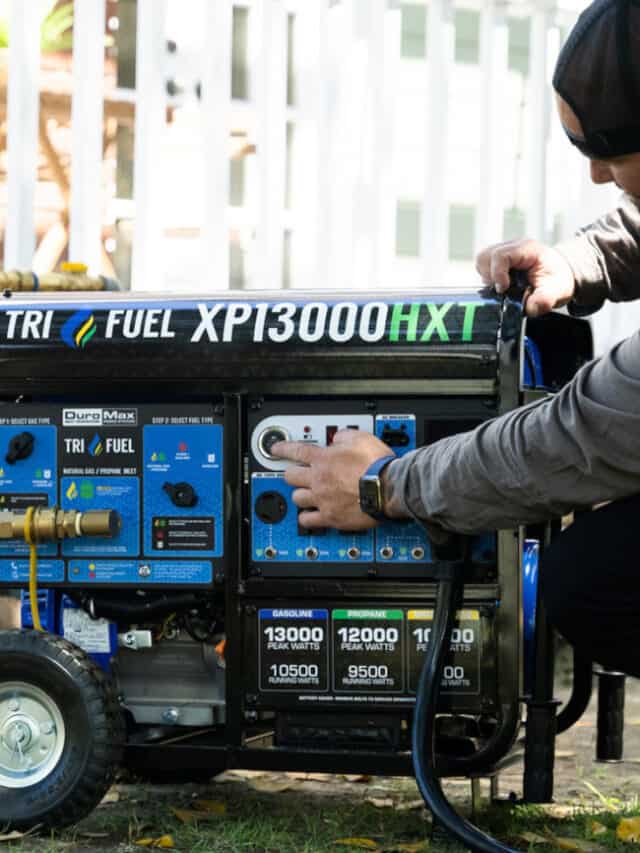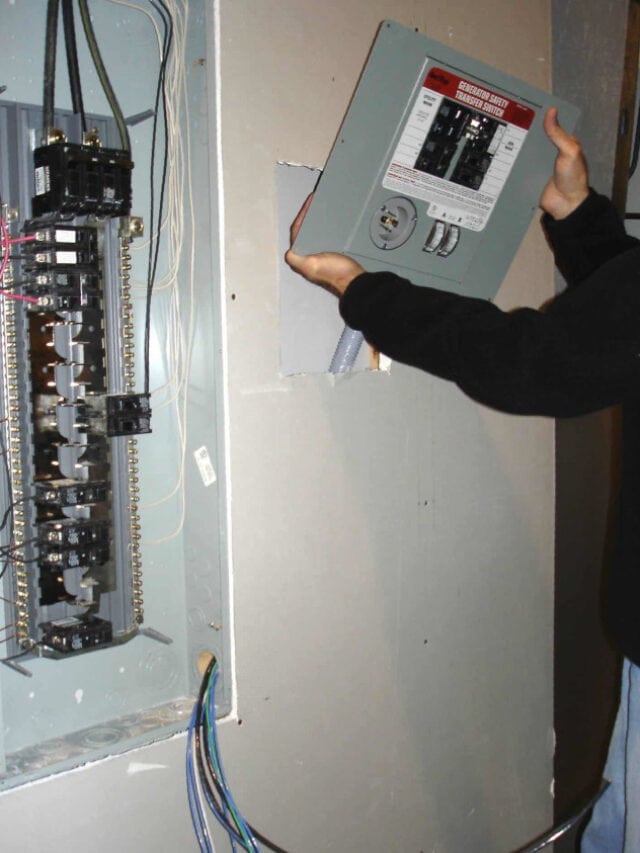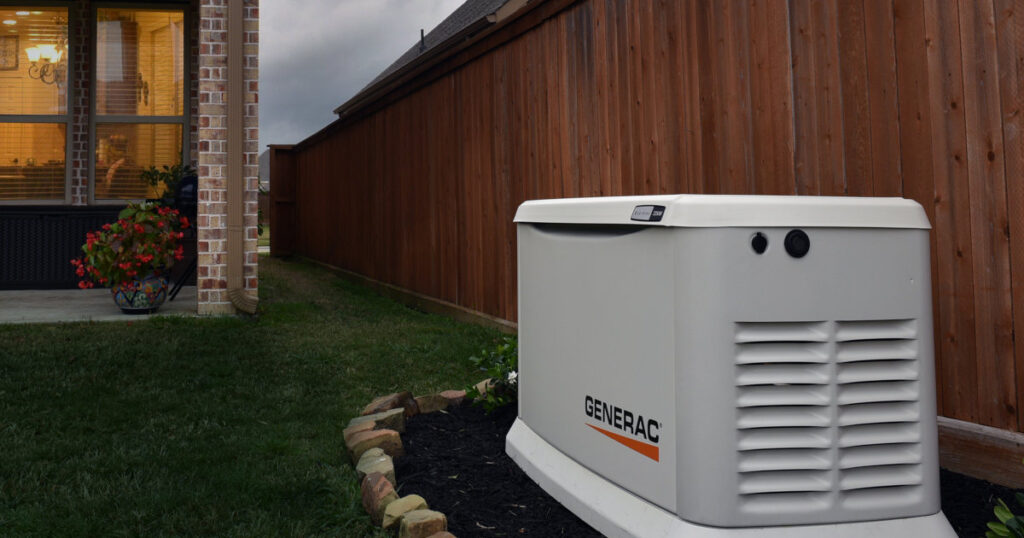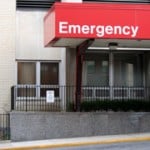
Modern hospital simply couldn’t save lives and function the way that they do without the support of electrical backup systems.
Hospitals are often the life-support system in times of crisis and when we need general healthcare support for our families and loved ones. Thus, one of the most important places to have a generator on-hand is in a hospital. The lives of people are literally in the hands of the healthcare facility itself – a surgeon in an operating room cannot afford a power failure for even one moment. The results could be fatal.
Hospitals rely heavily on back-up powered equipment to maintain life-sustaining apparatus. The results of lost power could be a mass death of patients on ventilators, monitors and other powered devices.
It is essential that hospitals use sophisticated, commercial generators that begin transferring power instantaneously from the time the power shuts off. These generators are of a much stronger caliber than regular household generators and are monitored very closely. There are two main types of generators used for hospitals: The first is powered by natural gas. Relying on a no-fail system, the generator is connected directly to the fuel supply. The second type of generator for back-up or commercial power is a diesel-fueled combustion engine. A full tank of diesel can maintain the power of a hospital for 8 hours. Depending on the size of the hospital and the amount of diesel stored on site the generator can maintain power for a longer period of 24 hours, if necessary.
It is extremely important for hospitals to have back-up power because outages are so often unexpected and unpredictable. The safety of those in ill-health is absolutely a priority. Fortunately, generators can ensure that those in need of rest can do so without interruption. Many homes today are also investing in a standby generator with automatic transfer switches to ensure they are not without power. Safety, reliability and comfort are of the utmost importance in times of uncertainty.
Hospitals are not the only facilities that require constant power for safety reasons – a power outage in a prison could likewise have disastrous effects.

Modern prisons rely on backup power to maintain security during power outages.
Prisons are packed with inmates who would seize the opportunity to escape their confined cell given the opportunity. With a recognized disregard for authority among most inmate populations, security measures are taken to make sure prison mates cannot leave. Many of the devices in place to keep mates locked-up are done so electronically. The loss of power in a place that relies so heavily on electricity such as the jail could be just as dangerous as a hospital in the event of power failure.
In additional to security equipment, jails rely on electricity for ventilation systems and basic living standards. Jails are often overcrowded, cramping jail birds in small spaces. Without electricity to pump air into the facility oxygen levels can decrease quickly. An unventilated area can make comfort almost impossible, hence creating liabilities when dealing with distressed prisoners. While comfort levels are not a serious issue, heat related injuries such as heat stroke are.
As you can see, emergency power systems are vitally important to the health and safety of inmates and workers. Like hospitals, the size of the power generator is usually substantial and occupies a considerable amount of space.
Unfortunately, we often take our world for granted. We assume life will take care of us, and for this reason we do not properly prepare for emergencies. Facilities that rely on emergency equipment have no other choice but to equip themselves with power devices. Emergency generators have saved and prevented countless lives from death for many years, and will continue to do so for those who plan ahead for the safety of themselves and their loved ones.


